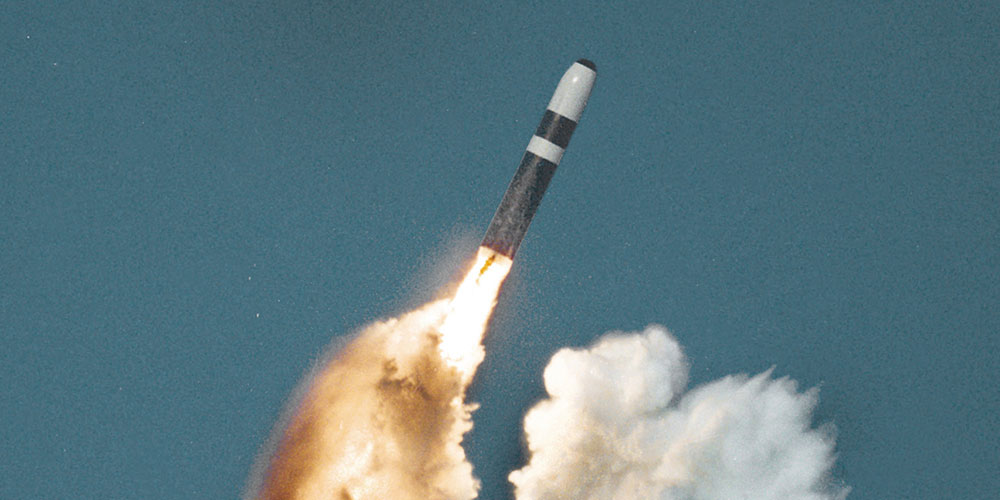
Nuclear Security requires more than just physical protection — it demands a comprehensive, multidisciplinary approach. A narrow perspective focuses on the physical protection of nuclear materials, often referred to as the “guns, guards, and gates” model. While physical security is essential, the Institute for Nuclear Security (INS) embraces a broader, more integrated approach—one that addresses the full spectrum of risks, responses, and disciplines involved.
At the INS, nuclear security includes:
-
Ensuring nuclear weapons and related technologies are properly controlled, secured, and monitored.
-
Detecting, deterring, and discouraging the proliferation of nuclear weapons and radiological threats.
-
Preventing the diversion of nuclear or radiological materials for illicit or malicious use.
-
Enhancing proliferation resistance in technologies that support the peaceful use of nuclear energy.
-
Mitigating the consequences of radiological or nuclear incidents—including sabotage or attacks—through engineering, planning, emergency response, and remediation.
-
Educating the next generation of nuclear engineers and scientists in nonproliferation, fuel cycle management, and radiochemistry—especially in support of stockpile stewardship.
-
Securing domestic sources of critical materials by investing in innovative nuclear production pathways.